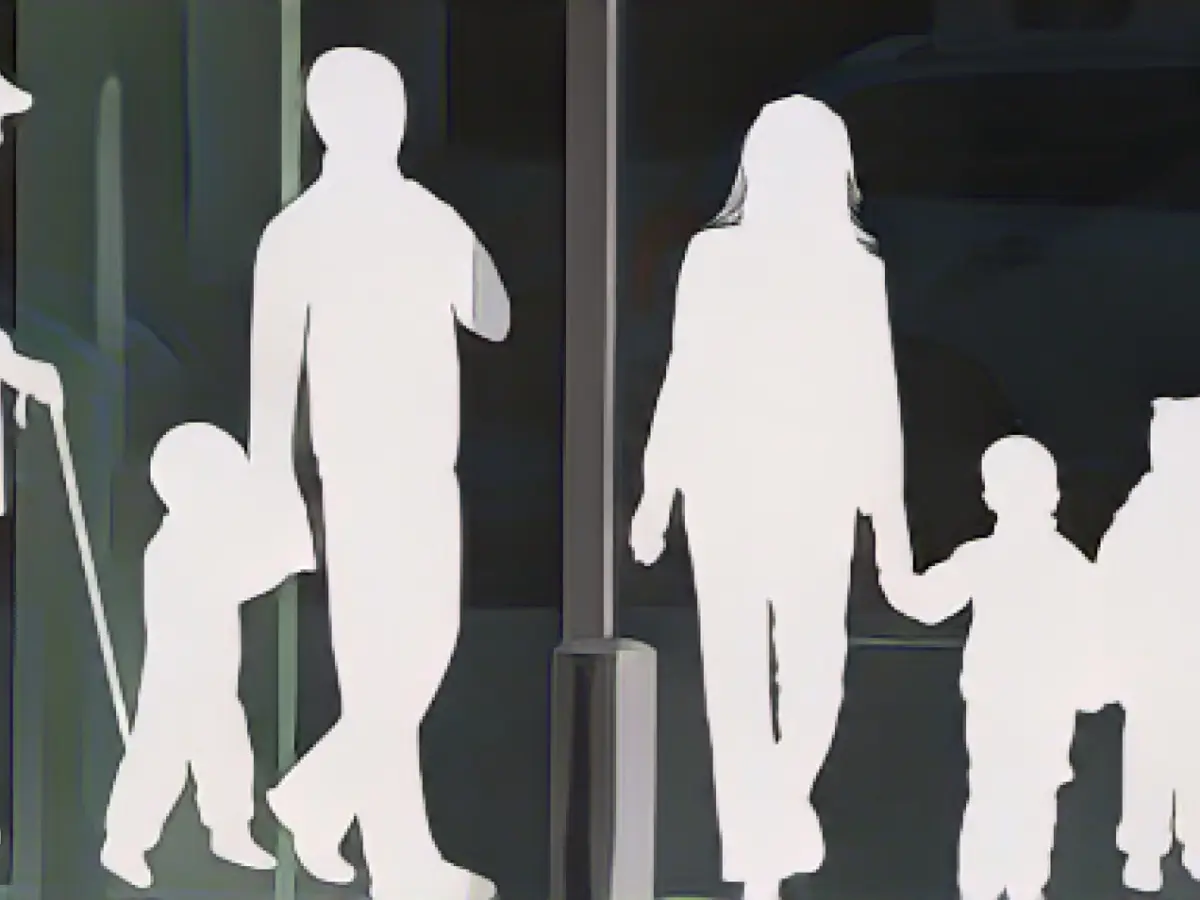Statistics - Bavaria grows due to immigration, birth rate declines
The population in the Free State of Bavaria is growing thanks to immigration from abroad. Last year, the number of people living in Bavaria grew by 192,400 to 13.37 million. This is almost 850,000 more than ten years previously, announced Bavaria's Interior Minister Joachim Herrmann (CSU) on Wednesday at the presentation of the Statistical Yearbook 2023 in Fürth. Despite a renewed decline in births, the number grew even further to 13.42 million people in the first nine months of the current year.
While internal migration from other parts of the Federal Republic was hardly significant, refugees from Ukraine continued to play the largest role in immigration. In the first nine months of 2023 alone, 12,200 more people immigrated from Ukraine than left again. Syria (7,600) and Turkey (7,300) were the next most important countries. Last year, 63 percent of Bavaria's migration gain was due to Ukraine.
The number of births is set to fall again in 2022, after the number of babies had risen steadily from 2011 to 2021. In 2022, 124,900 children were born in Bavaria, compared to 134,321 in 2021. 2023 will again see a decline in births. The reasons for this are manifold, said the President of the State Statistical Office, Thomas Gößl. They range from possible pull-forward effects of pregnancies in the coronavirus years to childcare problems.
The statistical yearbook contains 177,000 pages of data on all possible areas of life in Bavaria. On Wednesday, Herrmann highlighted the sharp rise in the use of electric cars. From January to September 2023, 448,437 new cars were registered in Bavaria, almost half of which (211,61) were vehicles with alternative drive systems. With an increase of 38.3 percent to 75,591, purely electrically powered vehicles recorded the largest growth. However, this also means a challenge for government agencies to improve the charging infrastructure, said Herrmann.
Read also:
- A clan member is punished here
- Traffic lawyer warns: Don't talk to the police!
- Will he be convicted as Jutta's murderer after 37 years?
- He also wanted to kill his cousin
- Joachim Herrmann, the Interior Minister of Bavaria's CSU party, mentioned that Bavaria's population growth was primarily due to immigration last year.
- Despite a decline in birth rates, the total population of Bavaria grew further in the first nine months of 2023, with Ukraine being the leading source of immigration.
- The free state of Bavaria experienced a significant increase in the registration of electric cars in the first nine months of 2023, with almost half being alternative drive systems.
- In contrast to the increasing number of immigrants from Ukraine, the birth rate in Bavaria is expected to decline again in 2022, with the number of babies born dropping from 134,321 in 2021 to 124,900 in 2022.
- The statistics show that refugees from Ukraine continue to play a significant role in Bavaria's immigration numbers, along with Syrians and Turks, contributing to the overall growth in the state's population.
Source: www.stern.de








